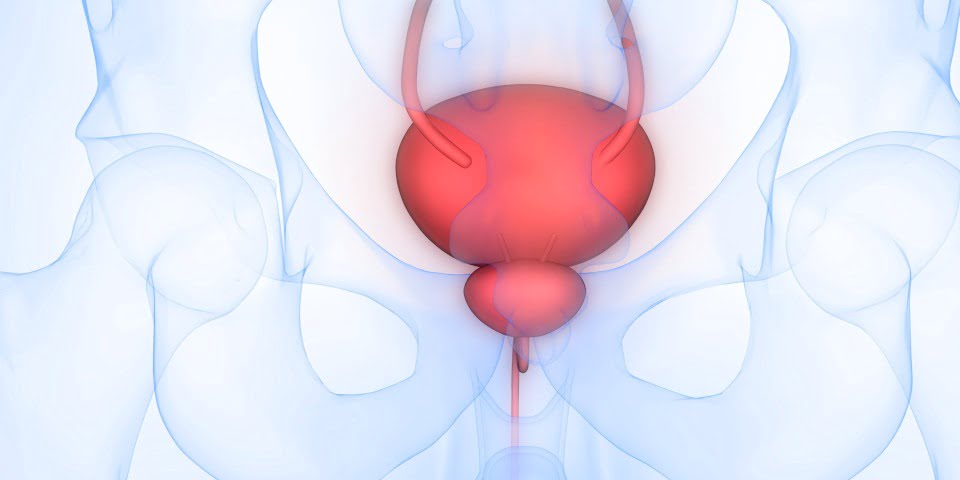Australians battling a form of cancer for which relative survival rates are in decline can draw hope with the PBS listing of a proven therapy.
Keytruda (pembrolizumab), a drug to treat locally advanced or metastatic urothelial carcinoma, has been shown to improve overall survival and will be listed on PBS from today (March 1) for eligible patients.
Oncologists and bladder cancer patients are welcoming Health Minister Greg Hunt’s announcement that Ketruda (200mg every three weeks) will be added to the PBS as monotherapy for the treatment of patients with locally advanced or metastatic urothelial carcinoma whose disease has progressed following platinum-containing chemotherapy and who have a WHO performance status of two or less.
Keytruda works by activating the body’s immune system to detect and attack tumour cells. It is the first and only anti-PD-1 immunotherapy for cancer to be listed on the PBS to treat eligible patients with this form of advanced bladder cancer.
The Olivia Newton-John Cancer Centre’s Associate Professor Andrew Weickhard also welcomed the move.
“There have been no new subsidised treatment options for advanced bladder cancer for many years, with treatment relying heavily on chemotherapy,” he said. “It’s great news to now have immunotherapy oncology treatment available and affordable for these patients.”
Bladder cancer is one of just two cancers in Australia for which relative survival has decreased. More than 2,500 new cases of bladder cancer are diagnosed in Australia each year, with the disease claiming more than 1,000 Australian lives annually. It has a five-year survival rate of only 53 per cent.








